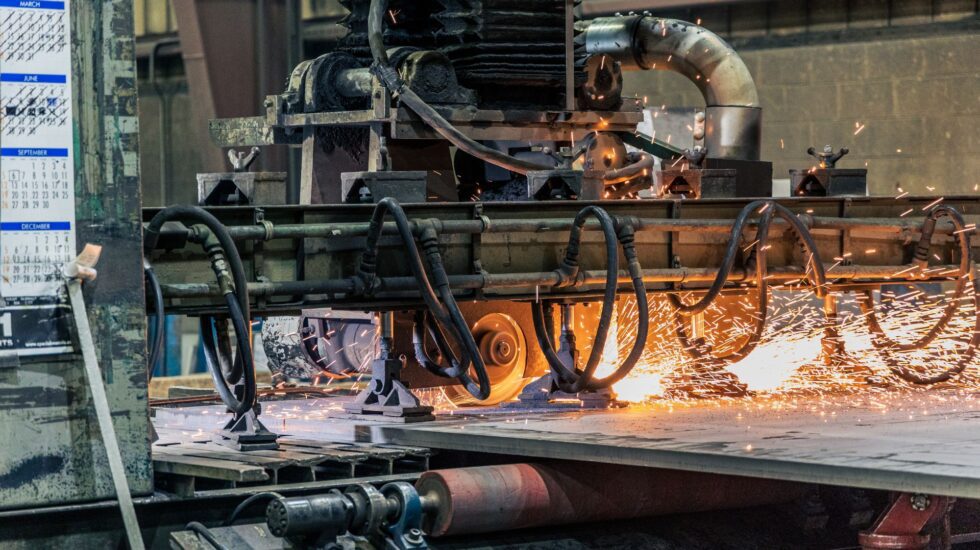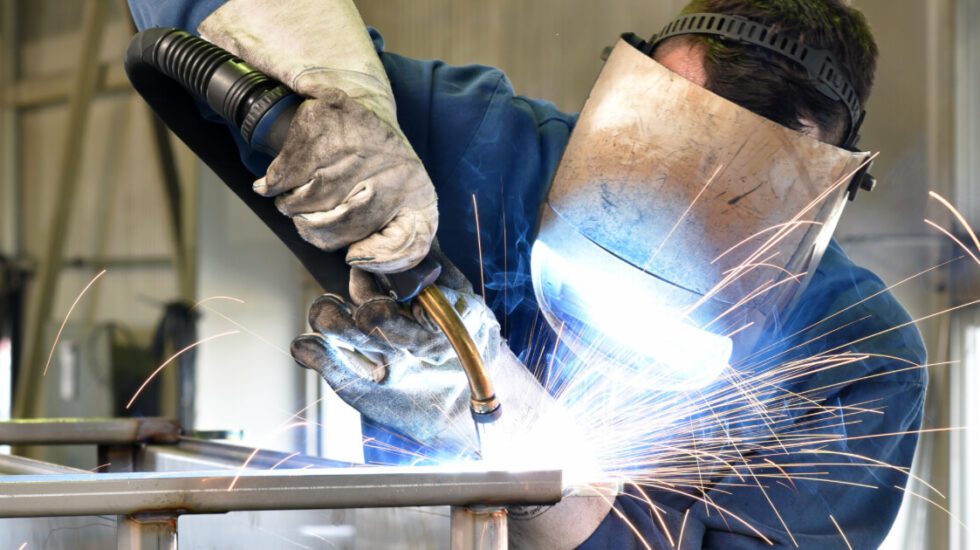Cookie Manufacturing Challenges Solved: How SR&ED Can Fund Your R&D
Cookie manufacturing is a deliciously complex science that goes beyond mixing dough and baking it to perfection. Behind the scenes, manufacturers face significant technological challenges to create high-quality cookies that meet evolving consumer demands. From developing healthier formulations to optimizing production processes, these challenges often qualify as Scientific Research and Experimental Development (SR&ED) activities, making manufacturers eligible for valuable tax credits.
Here, we explore key examples of technological uncertainty in cookie manufacturing and how SR&ED can play a pivotal role in fostering innovation in this industry.
-
Developing Healthier Cookie Formulations
Challenge: Modern consumers demand cookies that are lower in sugar, fat, or artificial additives but still taste as indulgent as traditional recipes.
Technological Uncertainty: Reducing sugar or fat while maintaining the cookie’s texture, taste, and shelf life requires overcoming unpredictable changes. These include changes in dough consistency, baking performance, and flavor profiles.
SR&ED in Action: A manufacturer might experiment with sugar alternatives like stevia or erythritol, which can alter baking dynamics. Iterative testing to identify the right ingredient combinations to achieve the desired results qualifies as SR&ED.
-
Gluten-Free Cookie Production
Challenge: Replicating the structural and sensory attributes of gluten in baked goods is no small feat.
Technological Uncertainty: Replacing gluten with alternative flours, such as almond or coconut, and binders like xanthan gum often leads to unpredictable results in texture, chewiness, and shelf stability.
SR&ED in Action: Testing various gluten-free flours, reformulating recipes, and analyzing how these changes impact the final product’s quality and consistency are eligible for SR&ED credits.
-
Optimizing Baking Parameters for New Recipes
Challenge: Introducing new varieties, such as high-protein or low-carb cookies, often requires fine-tuning baking processes.
Technological Uncertainty: Adapting oven temperatures, airflow, and baking times to new ingredients or recipes without compromising quality is a challenge with many unknowns.
SR&ED in Action: Experimenting with baking parameters on different production scales to achieve consistent results qualifies as SR&ED.
-
Enhancing Shelf Life Naturally
Challenge: Consumers are steering away from artificial preservatives, requiring manufacturers to explore natural alternatives.
Technological Uncertainty: Determining how natural preservatives or modified packaging will interact with cookie ingredients while maintaining freshness and texture can be unpredictable.
SR&ED in Action: Researching natural preservation techniques and testing their effectiveness through trials can be classified as SR&ED.
-
Minimizing Ingredient Variability
Challenge: Raw ingredient variations, such as fluctuating flour moisture content, can impact product consistency.
Technological Uncertainty: Predicting how ingredient variability will affect the final cookie and adjusting processes to minimize inconsistencies are common challenges.
SR&ED in Action: Adjusting dough mixing times, baking temperatures, or ingredient proportions to standardize results across batches are activities that qualify for SR&ED tax incentives.
-
Innovating Filled Cookie Techniques
Challenge: Filled cookies, like cream-filled or jam-filled varieties, require precision in dough handling and filling distribution.
Technological Uncertainty: Achieving the right balance of filling consistency and dough integrity during baking introduces a layer of unpredictability.
SR&ED in Action: Experimenting with filling viscosities, injection techniques, and baking conditions to produce consistent, high-quality filled cookies is an SR&ED-eligible activity.
Why SR&ED Matters for Cookie Manufacturers
Innovation is a key ingredient in cookie manufacturing, and the SR&ED program offers substantial financial support to offset the costs of research and development. Eligible activities can help manufacturers:
- Optimize processes for efficiency.
- Develop healthier and sustainable products.
- Scale production while maintaining quality.
How Ayming Canada’s Experts Can Help
At Ayming Canada, we specialize in helping manufacturers unlock the full potential of SR&ED tax credits. From identifying eligible activities to preparing robust claims, we’re here to ensure you get every dollar you deserve.
Cookie manufacturing is an ever-evolving industry driven by consumer trends and technological advancements. By leveraging the SR&ED program, manufacturers can tackle challenges with confidence and continue delivering innovative, high-quality products to market.
Ready to transform your cookie manufacturing operations and maximize your SR&ED claims? Contact Ayming Canada today for a consultation!














No Comments